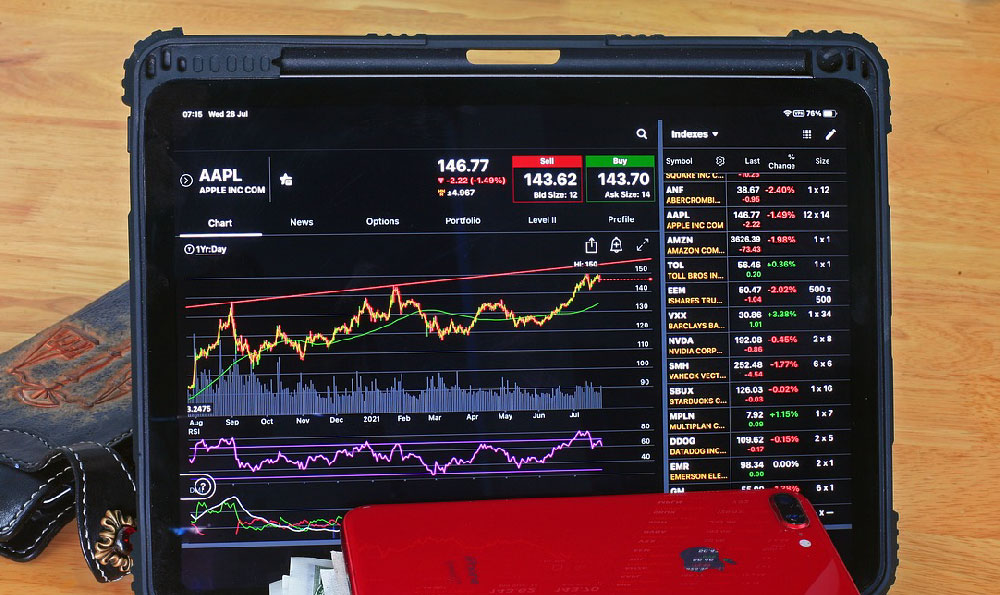
The question of whether QQlink Shareable Card Links are connected to cryptocurrency is a nuanced one, demanding a careful examination of what QQlink is and how it operates. In short, the answer is no, QQlink Shareable Card Links themselves do not directly involve cryptocurrency or blockchain technology. However, the underlying technology and user behaviors associated with online sharing and payment systems do have potential overlaps and implications for the broader cryptocurrency landscape. Let's delve deeper into the subject.
QQlink, typically found within the vast Tencent ecosystem primarily in China, functions as a system for creating and sharing digital cards. These cards can contain a variety of information: personal details, contact information, product offerings, promotional content, and even payment links. The core purpose is to facilitate easy and efficient information dissemination within the digital space. Think of it as a more versatile and interactive digital business card. These cards are often shared through QQ, WeChat, and other social platforms, leveraging the already massive user base of these applications. The beauty lies in their portability and accessibility; recipients can quickly scan or click a link to access the information embedded within the card, streamlining communication and transactions.
The functionality of incorporating payment links within QQlink cards is where a potential point of confusion arises. These payment links typically integrate with established payment systems like WeChat Pay or Alipay, which are dominant in the Chinese market. These systems facilitate transactions using fiat currency – the traditional, government-issued currencies like the Chinese Yuan (CNY). While cryptocurrency payments could theoretically be integrated into these systems, they are not currently the primary or even a significantly supported method of payment within WeChat Pay or Alipay's frameworks, especially within QQlink cards.

Therefore, the fundamental operation of a QQlink Shareable Card Link relies on centralized financial systems, not decentralized cryptocurrency networks. The transactions are processed and verified by banks and payment processors, operating under the regulations and oversight of relevant financial institutions. This is a stark contrast to cryptocurrency transactions, which are recorded on a distributed ledger (the blockchain) and verified by a network of nodes, eliminating the need for a central authority.
However, let's consider the broader context and potential indirect links. The popularity and widespread adoption of digital payment systems, like those utilized within QQlink, pave the way for greater public acceptance of digital currencies in general. As users become more comfortable with digital transactions and mobile payments, the psychological barrier to adopting cryptocurrency diminishes. This growing familiarity with digital finance creates a more fertile ground for cryptocurrency adoption in the future. The technology infrastructure built to support platforms like WeChat Pay, while not inherently blockchain-based, can be adapted or serve as inspiration for building cryptocurrency-based payment solutions.
Furthermore, the rise of social commerce, fueled by platforms like WeChat and QQ, has created a vibrant ecosystem for online transactions and peer-to-peer commerce. This ecosystem, characterized by its fast-paced and highly mobile nature, presents opportunities for cryptocurrency to address certain challenges. For example, cross-border payments, which can be cumbersome and expensive through traditional channels, could potentially be streamlined using cryptocurrency. Micropayments, often difficult to implement with traditional payment systems due to high transaction fees, could become more viable with cryptocurrency solutions.
It's also crucial to understand the regulatory landscape. In China, the government maintains a strict stance on cryptocurrency trading and initial coin offerings (ICOs). While the use of blockchain technology is encouraged, the speculative nature of cryptocurrency trading is heavily regulated. This regulatory environment significantly impacts the potential for cryptocurrency to be directly integrated into platforms like QQlink.
Therefore, instead of focusing on direct links, a more insightful approach would be to examine the indirect impact and potential synergies. The convenience and efficiency offered by QQlink and similar platforms have set a new standard for digital transactions. As blockchain technology matures and regulatory frameworks evolve, we might see innovative solutions that leverage the best of both worlds – the user-friendliness and accessibility of platforms like QQlink, combined with the security, transparency, and potential cost savings of cryptocurrency. The future may bring integrations that are not yet imaginable. Perhaps, future iterations of QQlink or similar platforms could incorporate stablecoins pegged to the Chinese Yuan to facilitate easier international transfers or even incorporate elements of decentralized identity management to enhance security and privacy.
In conclusion, while QQlink Shareable Card Links are not inherently related to cryptocurrency, the ecosystem they operate within – the digital payment landscape, the social commerce environment, and the evolving regulatory framework – all have significant implications for the future of cryptocurrency adoption. Monitoring the trends and developments in these areas is essential for understanding the long-term impact of platforms like QQlink on the broader cryptocurrency market. The key takeaway is that while the current answer is a definitive "no," the future holds possibilities for increased convergence and integration between these seemingly disparate technologies. A vigilant and informed perspective is crucial for navigating this evolving landscape.




